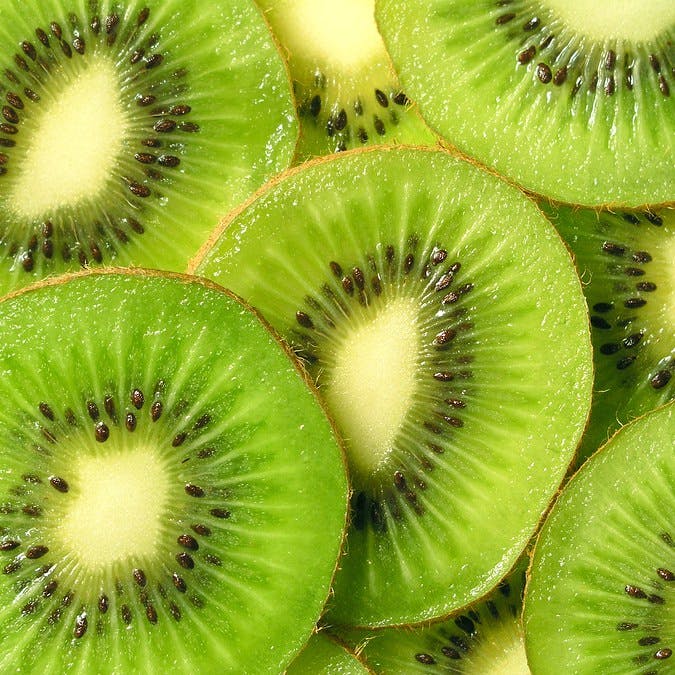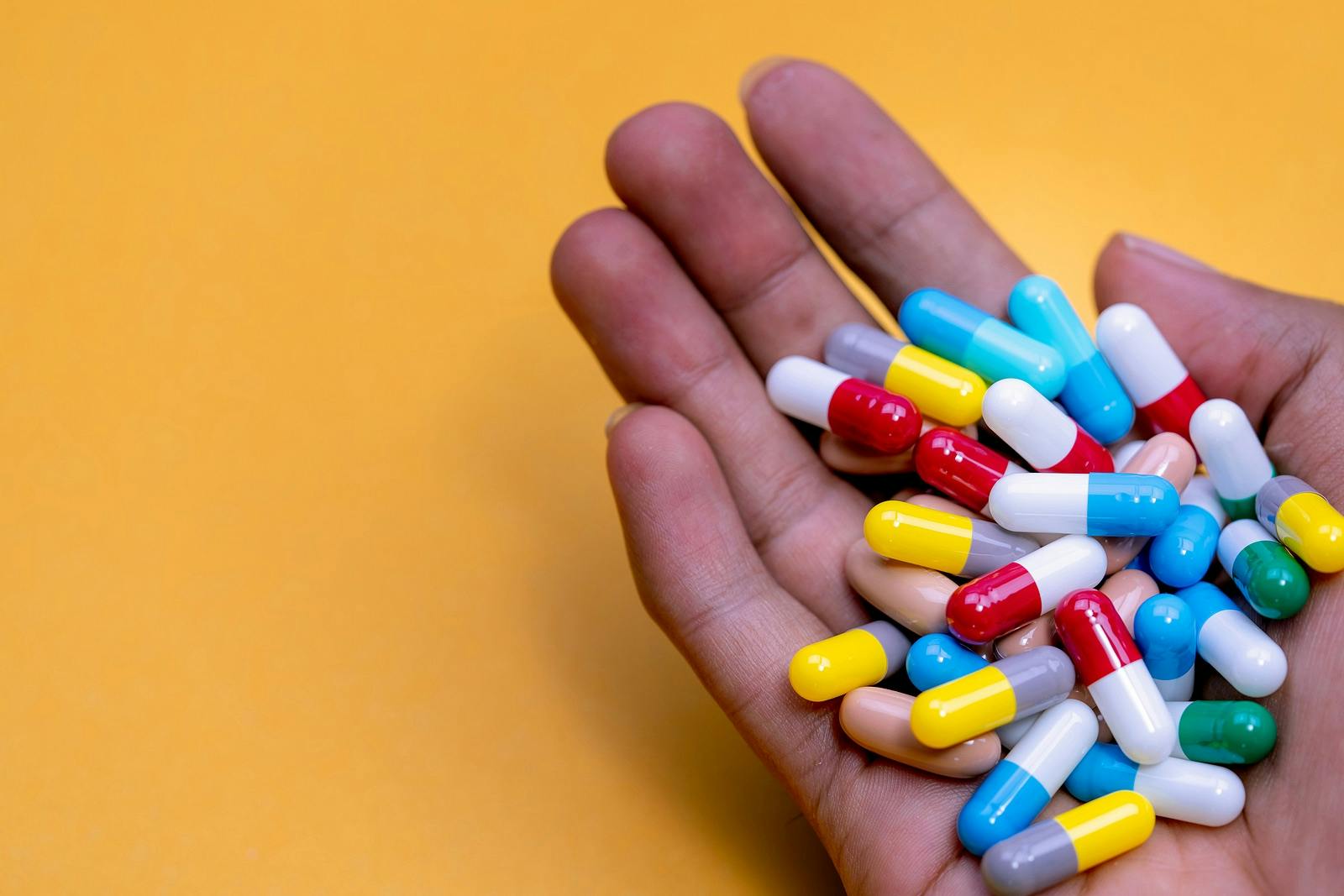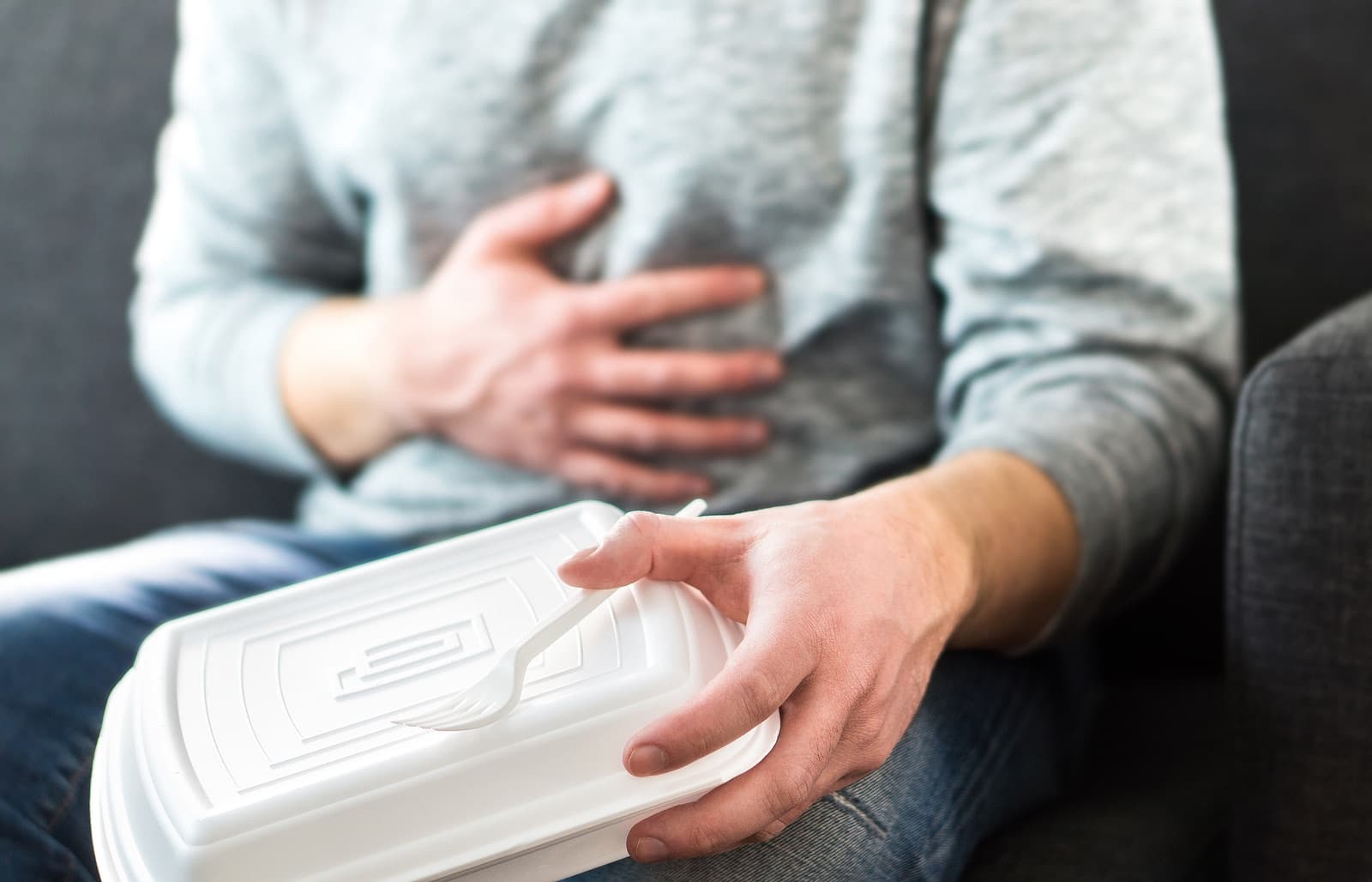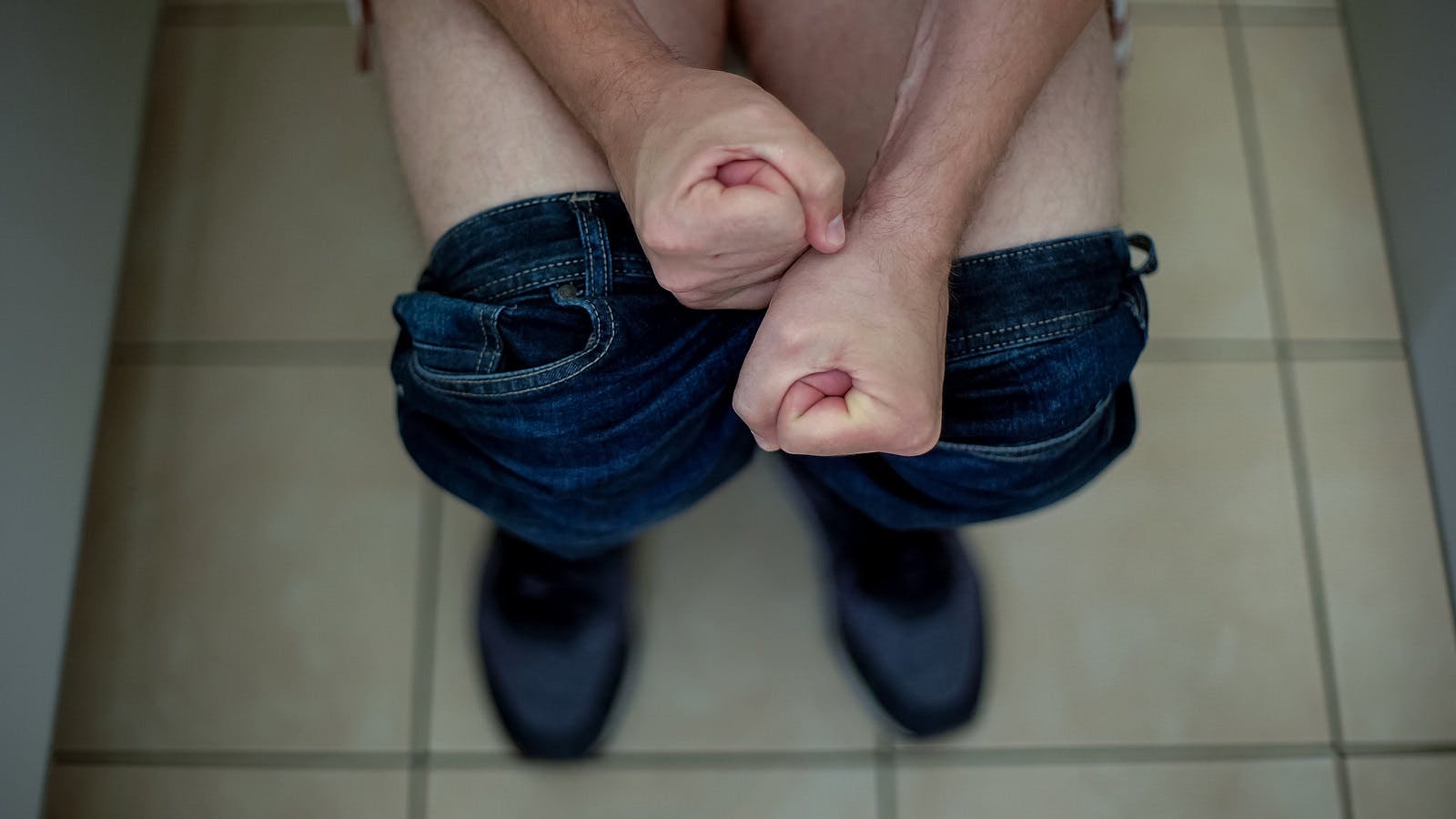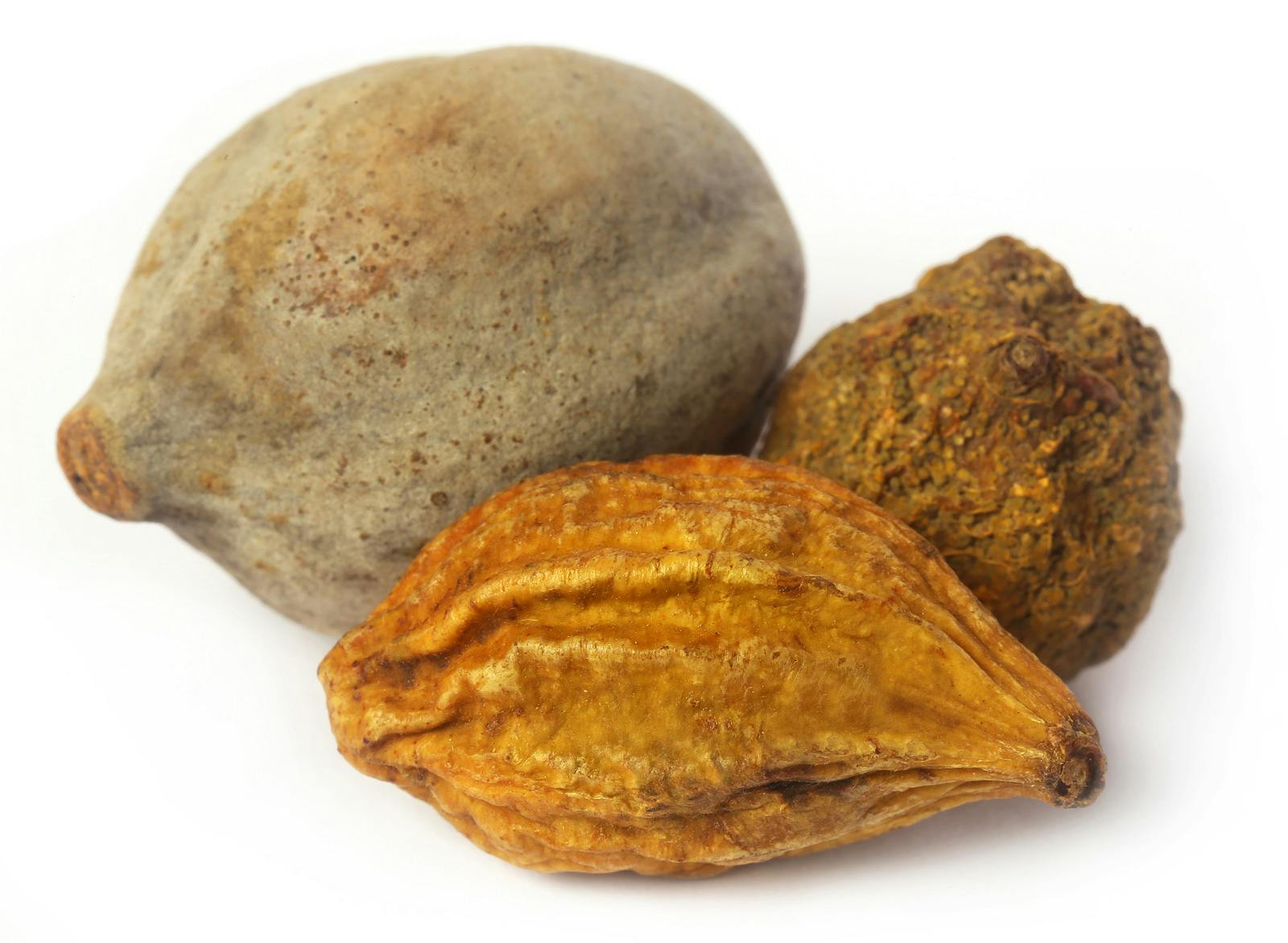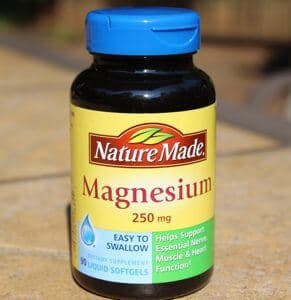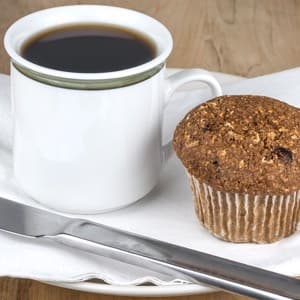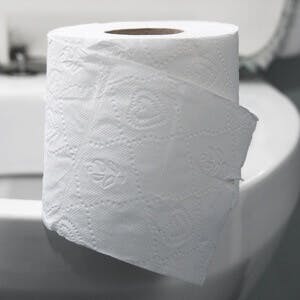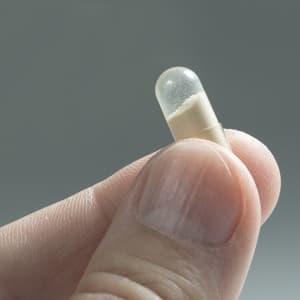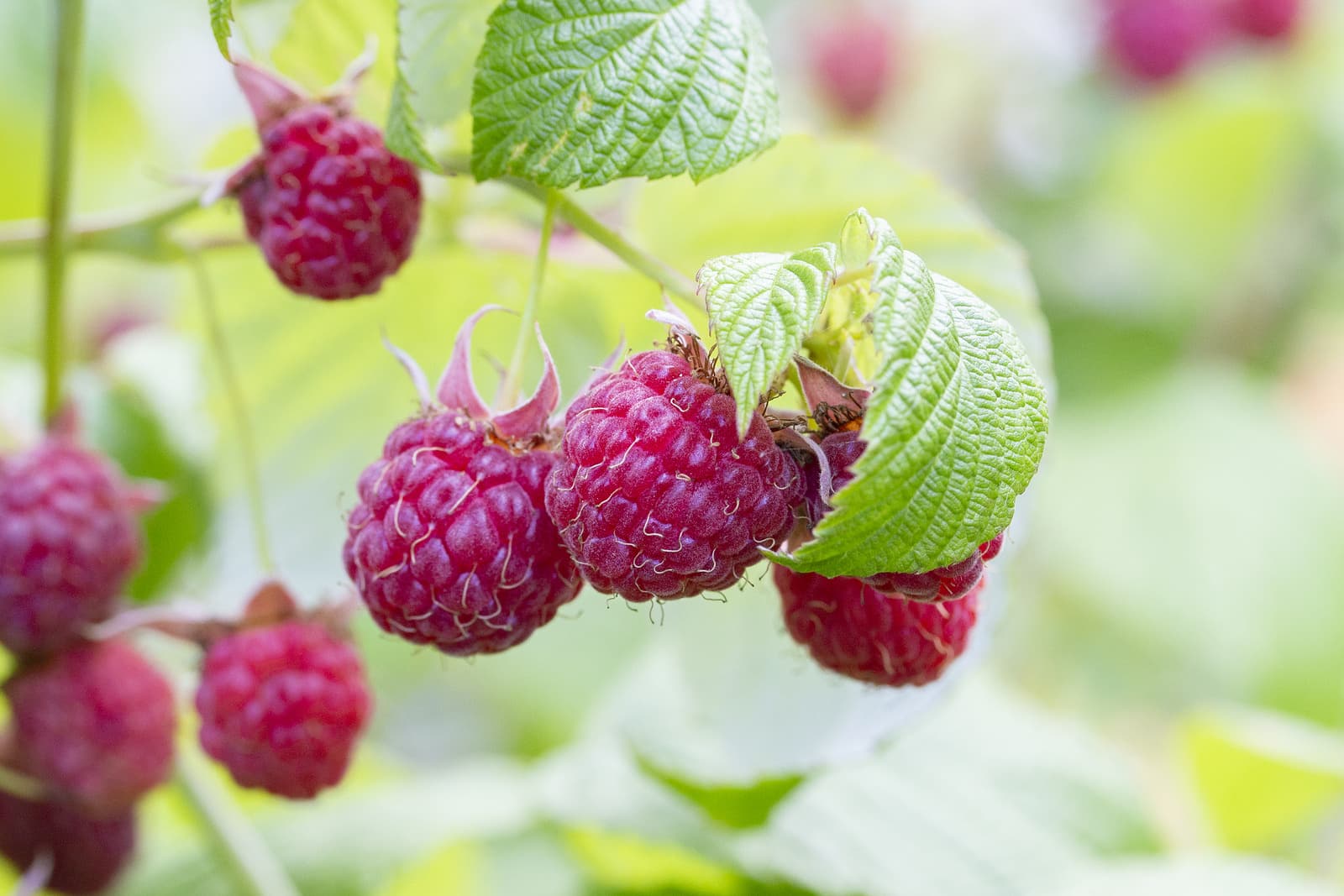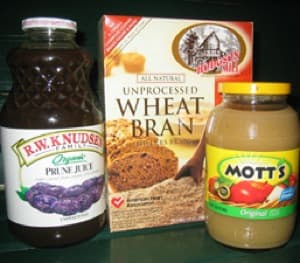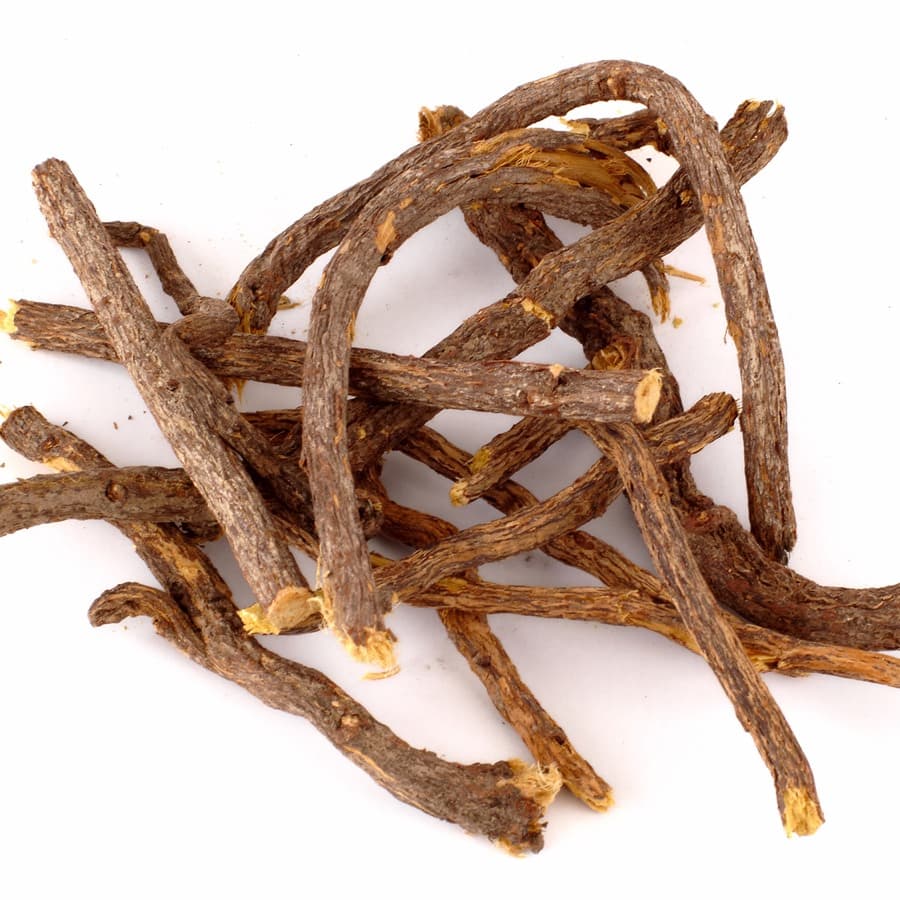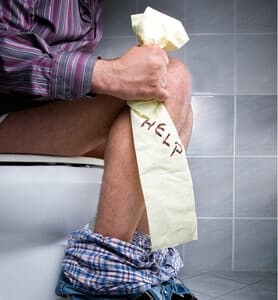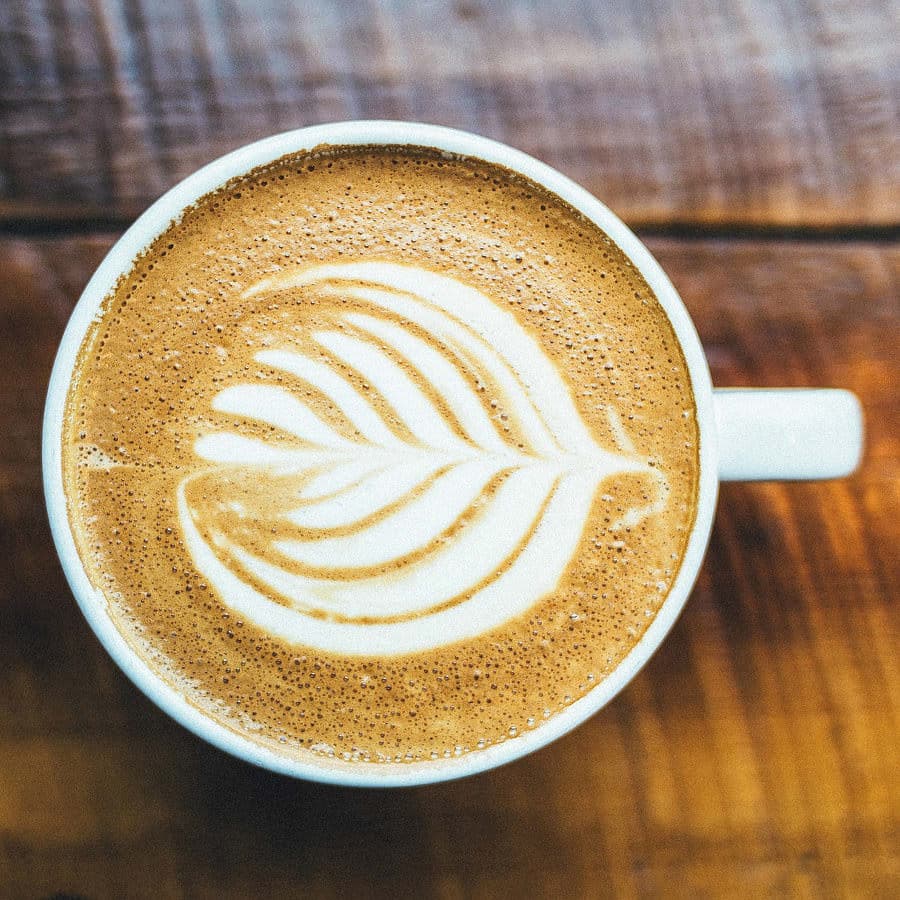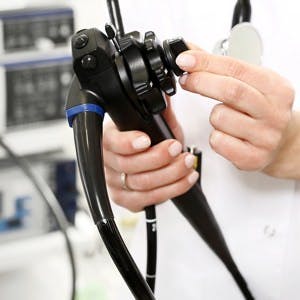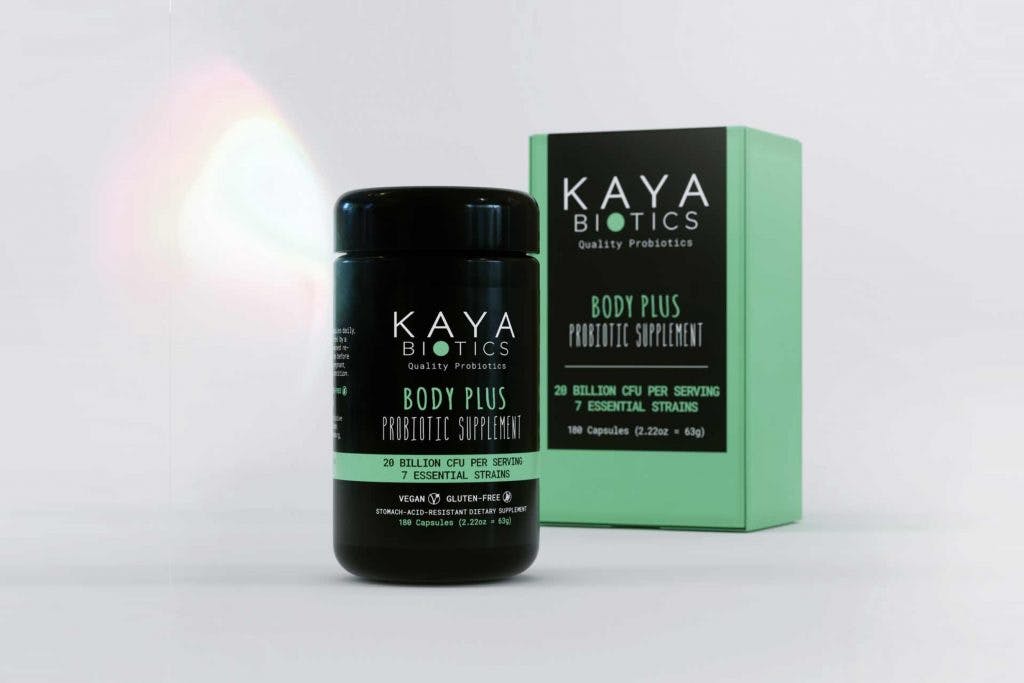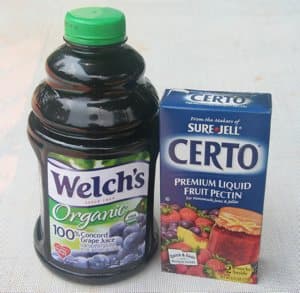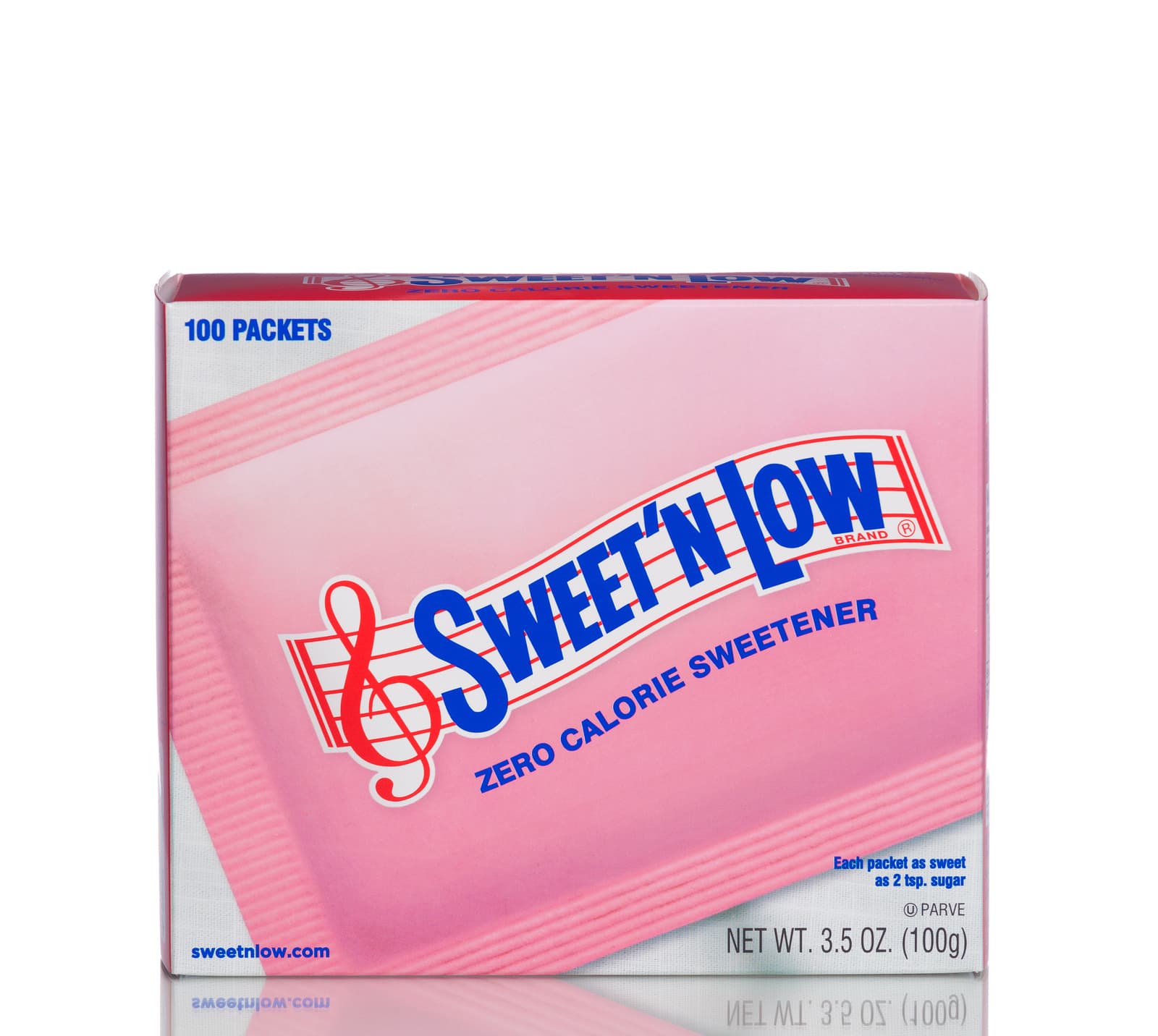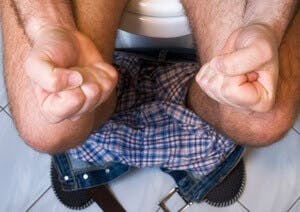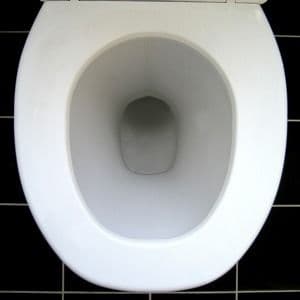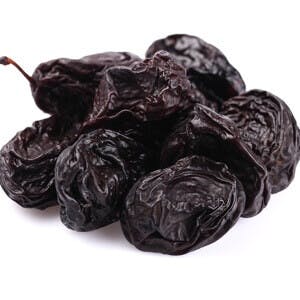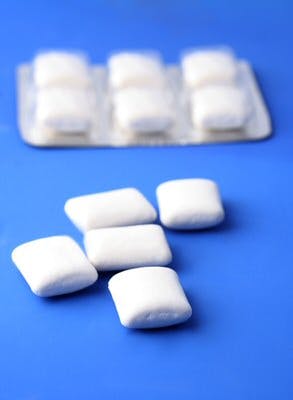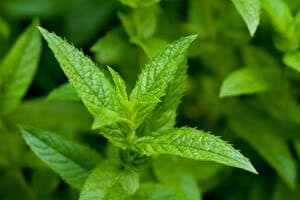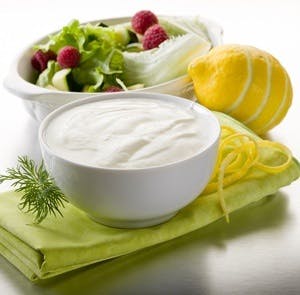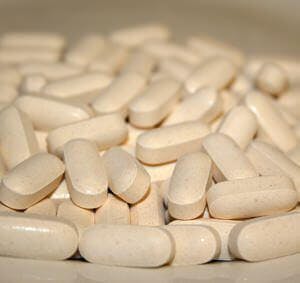Articles categorized as Constipation
Is Your Doctor Prescribing Inappropriate Medications?
Too many older people are taking potentially inappropriate medications. Could the Beers list help protect older patients?
Is Kiwifruit Better Than MiraLAX for Chronic Constipation?
Eating high-fiber foods such as kiwifruit can help intestinal microbes and fight chronic constipation better than MiraLAX or psyllium.
Overcoming Constipation While Traveling
Kiwifruit or prune juice can help improve regularity. To beat constipation while traveling, why not try psyllium or sugarless gum?
What Is the Best Approach to Overcome Constipation?
Fluid and fiber can help overcome constipation. Triphala from Ayurvedic medicine may help, as could avoiding foods that cause allergies.
Don’t Let Psychiatric Side Effects Surprise You!
A medicine to ease poison ivy or sinusitis does not seem scary, yet corticosteroids can cause psychiatric side effects. So can other drugs.
Magnesium Excels Against Constipation
Magnesium can overcome hard-to-treat constipation but be very careful about the dose. Too much magnesium can cause diarrhea or be hard on the kidneys.
Why Does Coffee Make You Poop With Regularity?
Have you ever had the experience of drinking a cup of coffee and then having to head for the bathroom pronto? Can coffee make you poop or is it a myth? Find out!
How Can You Manage Opioid-Induced Constipation?
One drawback of narcotics for pain relief is opioid-induced constipation. Several drugs may help counteract this complication.
Power Pudding Is Nurses’ Secret Weapon Against Constipation
When all else fails, nurses often resort to a constipation remedy called "Power Pudding." It contains bran, applesauce and prune juice.
How Can You Get Off the Laxative Merry-Go-Round?
Have you ever felt the need for a laxative? These medications are popular, but there are downsides to regular use.
Can Taking a Probiotic Product Help You Sleep Better?
A reader found that taking a probiotic product for better digestion also improved sleep. Studies support this observation.
Solving Problems With Both Constipation and Diarrhea
A person who suffers constipation and diarrhea as a result of irritable bowel syndrome offers tips on how to manage them both.
Video Demonstrates How To Make Nurse’s Power Pudding for Constipation
What can you do when constipation is a terrible challenge? Our video demonstrates how to make Power Pudding for constipation.
Can Treated Licorice (DGL) Ease IBS Symptoms?
Irritable bowel syndrome may be explained by an imbalance in gut microbes. One reader reports DGL helped ease IBS symptoms.
Show 1179: What Should You Do About Digestive Distress? (Archive)
Listen to find out when your digestive distress might signal a serious problem and when you could manage it at home with simple remedies.
Can You Use Dark Cocoa to Overcome Constipation?
One reader found that drinking dark cocoa eased post-operative constipation. Scientists agree that cocoa compounds can improve bowel habits.
Show 1222: How Can You Optimize Your Microbiome?
To optimize your microbiome, focus on fiber. The more different types of plants you consume, the more your gut microbes will thrive.
Chronic Constipation Causes Can be Challenging
Laxatives are not a great solution for chronic constipation. That’s especially true if chronic constipation causes are related to medications.
Are There Problems With Mineral Oil for Constipation?
You can use mineral oil for constipation, but regular use for a long time could lead to vitamin deficiencies. Add another approach.
How a Little Girl Overcame Her Constipation
A mother describes how her young daughter overcame her constipation by following a diet full of fiber-rich vegetables and fruits.
Nurse Endorses Coffee to Stimulate Bowels After Surgery
Passing gas doesn't seem like a great accomplishment unless you have had abdominal surgery. Doctors need to stimulate bowels after surgery to prevent POI.
Can Coffee Help You Leave the Hospital Sooner?
People who drink coffee after abdominal surgery get their bowels moving faster and can often leave the hospital earlier. Three cups daily did the trick.
Will Hot Water Help You Move Your Bowels?
Coffee can help you move your bowels early in the morning. Will a cup of plain hot water have the same benefit?
Can Antibiotic Help Post-Colonoscopy Problems?
One reader had persistent digestive distress following a colonoscopy. An antibiotic prescribed for something else solved the post-colonoscopy problems.
Must You Grind Flaxseed to Get Its Nutritional Benefits?
The scientific consensus is that if you grind flaxseed, you get more of the fiber, lignans and omega-3 fats that make it a healthful food.
Why KayaBiotics from Germany? Certified Organic!
What's the latest on probiotics? Which strains are best for your specific condition? Learn more about Kaya Biotics and why the Europeans have a head start.
Can Epsom Salts Combat Chronic Constipation?
There are many ways to combat chronic constipation. Incorporating more high-fiber vegetables and fruits in the diet may be among the best.
Arthritis Remedy Does Double Duty Overcoming Constipation
We love it when a remedy for one thing works really well for something else. And it's great when there is science to support it for overcoming constipation!
Will Artificial Sweeteners Harm Your Microbiota?
Artificial sweeteners appear to be toxic to bacteria similar to those that inhabit our intestines. That could potentially be bad news for our health, too.
Are Cucumbers a Cure for Chronic Constipation?
One reader found that eating cucumbers can correct chronic constipation. Have you tried this simple remedy, or do you have other foods you use for this problem?
Agonizing Constipation from Calcium Pills for Bones
If calcium supplements cause agonizing constipation, how can you avoid it? Also, how can you get the calcium you need to keep your bones strong?
Show 1115: How You Can Conquer Constipation
The old wives were right when they said you should eat your vegetables. A fiber-rich diet, including vegetable stems, is a big help when you are trying to conquer constipation.
Do You Absorb Magnesium from Your Armpits?
Applying milk of magnesia to your armpits can cut body odor. Scientists haven't seen proof that much magnesium is absorbed through the skin.
Should You Worry About Constipation?
Some readers have likened the sensation to passing bricks. Do you worry about constipation? What do you do about it? Readers share their favorite remedies.
Can You Find a Breakfast That Will Fight Constipation?
Wheat bran with plenty of fluids can help fight constipation. One reader adopted a morning regimen featuring bran flakes and coffee.
Can Special Yogurt Prevent Diarrhea and Constipation?
Consuming a special yogurt rich in probiotic bacteria might help solve problems with diarrhea and with constipation.
Mother Found Solution for her Son’s Big BMs
A child with encopresis passed big BMs that clogged the toilet. Fiber, probiotics and a vitamin-mineral supplement have helped.
How to Improve Digestive Health with a Poop Transplant
A poop transplant that alters the disturbed microbiota of a diseased digestive tract can provide surprising relief from diarrhea, pain and other symptoms.
Are Laxatives in Hospitals Sending Money Down the Drain?
A study of laxatives in hospitals found that a lot of nursing time is spent giving docusate, a bad-tasting stool softener with little evidence of efficacy.
How to Overcome Drug-Induced Constipation
When narcotic pain relievers result in drug-induced constipation, prunes and fiber may ease the problem; prescription drugs Relistor or Movantik could help.
How to Ease Joint Pain Without Suffering Constipation
Taking a tablespoon of Certo in four ounces of purple grape juice can ease joint pain, but one reader reports suffering constipation as a consequence.
What Can I Do About Plopping Poop Toilet Water Splashblack
If you have ever experienced the unwelcome sensation of water splashing back from the toilet bowl onto your bottom, you know why this reader is unhappy.
Prunes and Prune Juice Overcame Constipation
The standard constipation remedy of previous generations, prunes, works just as well today.
Probiotics Solved Problem of Bowel Movements That Clog the Toilet
What can be done when the stool is so large it can clog the toilet? One mother found the answer at the health food store.
Common-Sense Approaches to Constipation
Eating high-fiber foods, drinking lots of low-sugar fluids and chewing sugarless gum are common-sense approaches to constipation that can ease discomfort.
Stepstool Aids in Achieving Proper Pooping Posture
Putting the feet on a stepstool can help achieve a more natural toilet posture without the danger of falling.
People Get Testy About Pooping Posture
For most of human history pooping meant squatting. Now we sit. Is that good or bad? Readers weigh in on this question.
Tasty Way to Combat Toddler’s Constipation
Psyllium-containing Metamucil cookies are a sweet way to help a toddler overcome constipation and the resulting reluctance to use the potty.
Is Popular MiraLAX Laxative Too Risky for Kids?
MiraLAX has never been approved for use in children; is this widely-used laxative safe?
Home Remedies to Combat Frustrating Drug-Induced Constipation
Non-drug strategies to combat drug-induced constipation include sugarless gum, psyllium fiber, magnesium and our "Power Pudding" home remedy.
Constipation Is a Common Complication of Pain Medication
Opioid pain medication commonly causes constipation. The drug Movantik has been approved to counteract this complication. Patients also offer non-drug approaches they have found helpful.
Magnesium Supplement Can Activate a Sluggish Bowel
When used as a dietary supplement in the 250 mg to 400 mg range, magnesium can help combat constipation or sluggish bowel without causing diarrhea.
Home Remedy Reverses Chronic Constipation
Power Pudding made from wheat bran, applesauce and prune juice and washed down with adequate water can often help ease chronic constipation.
Big Bowel Movements Block Toilet
Large bowel movements that block the toilet can be embarrassing, but laxatives are probably not a good long term solution.
Long-Term Laxative Addiction
"Laxative addiction" or overuse can lead to loss of crucial minerals, cramping, or a “lazy” colon that will not function properly without laxatives.

